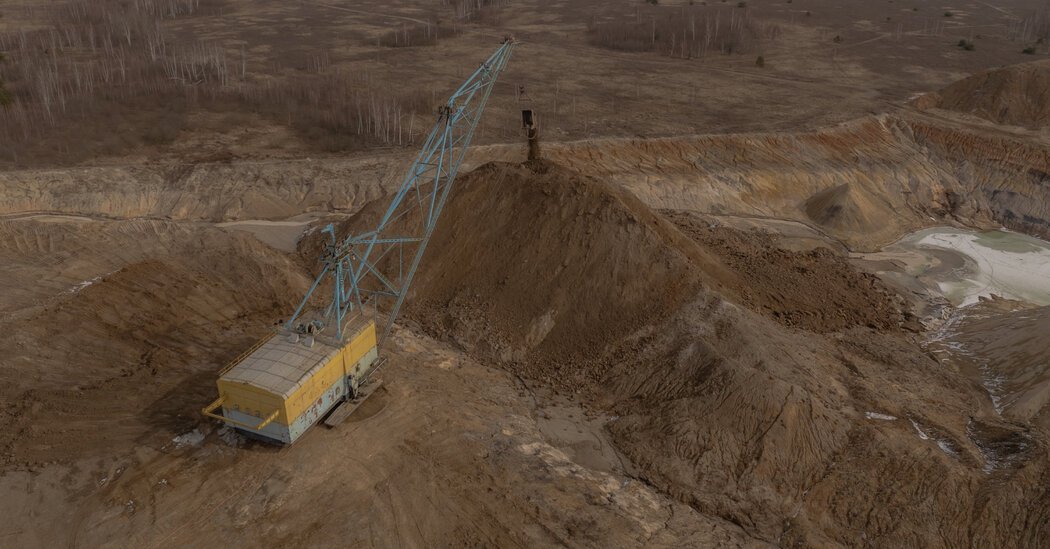A new report looks at the deadly and destructive toll of Israel's attacks on press workers.
Since Israel’s war on the Gaza Strip began in October 2023, deadly attacks on Palestinian reporters and media workers have time and again appeared in the headlines. But how do fatal strikes on reporters in this war line up compared with other conflicts?
According to a recent study, the Gaza war has “killed more journalists than the US Civil War, World Wars I and II, the Korean War, the Vietnam War (including the conflicts in Cambodia and Laos), the wars in Yugoslavia in the 1990s and 2000s, and the post-9/11 war in Afghanistan, combined.”
Brown University’s Costs of War published the report, which noted that journalists in conflict zones around the world are facing more threats than ever before.
In fact, global conflicts saw the killing or murder of a reporter, on average, at least once every four days in 2023. The vast majority of injured or killed reporters are local. That is also the case when it comes to the Gaza war. “It is, quite simply,” the report pointed out, “the worst-ever conflict for journalists.”
The Israeli government has largely barred foreign reporters from entering the besieged Palestinian enclave. Since Oct. 7, 2023, when Hamas-led militants launched attacks on southern Israel, the conflict has killed up to 232 reporters. World War II, on the other hand, led to the killings of some 69 journalists. Throughout the war on Ukraine, the number of killed reporters is 19.
The report compiled numbers from watchdog groups, nonprofit monitors, and investigative reporters. In 2024, reporters who died in conflict zones made up 60% of slain journalists, Costs of War noted. Citing the United Nations, the report noted that that number was the highest percentage in a decade.
Behind the rise in reporters’ deaths was “the unprecedented toll of the conflict in Gaza,” the report explained. “After years of resentment over international coverage of its wars with Hamas, the Israeli government has unleashed an unrelenting war on the press,” it went on.
Marking the first month of that conflict alone was the slaying of at least 37 reporters in the coastal enclave. The number of wounded reporters has topped 380.
In at least 35 cases, there is ample evidence, per Costs of War, that Israel “directly targeted” journalists who were killed. Still, it’s not clear how many reporters Israel “intentionally killed” – and how many died because Israel has attacks densely populated parts of the Strip.
Meanwhile, scores of Palestinian reporters have endured “smear campaigns” and “cyberattacks” throughout the war.
Zooming out, Costs of War noted that attacks on war reporters are “a threat to the global information ecosystem, undermining the media’s watchdog role as the ‘Fourth Estate’ dedicated to informing the citizenry and providing a check against power.”
Add to the risk of injury or death the widespread prevalence of psychological and emotional trauma that comes with covering mass killings.
“Across the globe, the economics of the industry, the violence of war, and coordinated censorship campaigns threaten to turn an increasing number of conflict zones into news graveyards,” the report explained, “with Gaza being the most extreme example.”
But can we prevent the emergence of news graveyards? In part, Costs of War suggested: “Solidarity in the profession demands that international reporters call out repression, break blockades, and support embattled journalists in Gaza and beyond.”
You made it to the bottom of the page! That means you must like what we do. In that case, can we ask for your help? Inkstick is changing the face of foreign policy, but we can’t do it without you. If our content is something that you’ve come to rely on, please make a tax-deductible donation today. Even $5 or $10 a month makes a huge difference. Together, we can tell the stories that need to be told.
Inkstick Media is a registered 501(c)(3). EIN: 84-2451690. We are grateful to the foundations and people who make our work possible: Carnegie Corporation of New York, Colombe Peace Foundation, Craig Newmark Philanthropies, MacArthur Foundation, N Square, Ploughshares Fund, Jubitz Family Foundation, Prospect Hill Foundation, and supporters like you.
You can read the Terms & Conditions of this site here. By continuing to use this site you agree to be bound by these terms and conditions. This website uses cookies to enhance your experience.
This website uses cookies so that we can provide you with the best user experience possible. Cookie information is stored in your browser and performs functions such as recognising you when you return to our website and helping our team to understand which sections of the website you find most interesting and useful.
Strictly Necessary Cookie should be enabled at all times so that we can save your preferences for cookie settings.
If you disable this cookie, we will not be able to save your preferences. This means that every time you visit this website you will need to enable or disable cookies again.
This website uses Google Analytics to collect anonymous information such as the number of visitors to the site, and the most popular pages.
Keeping this cookie enabled helps us to improve our website.
Please enable Strictly Necessary Cookies first so that we can save your preferences!
Deep Dive: How War Turned Gaza into a ‘News Graveyard’ – Inkstick



